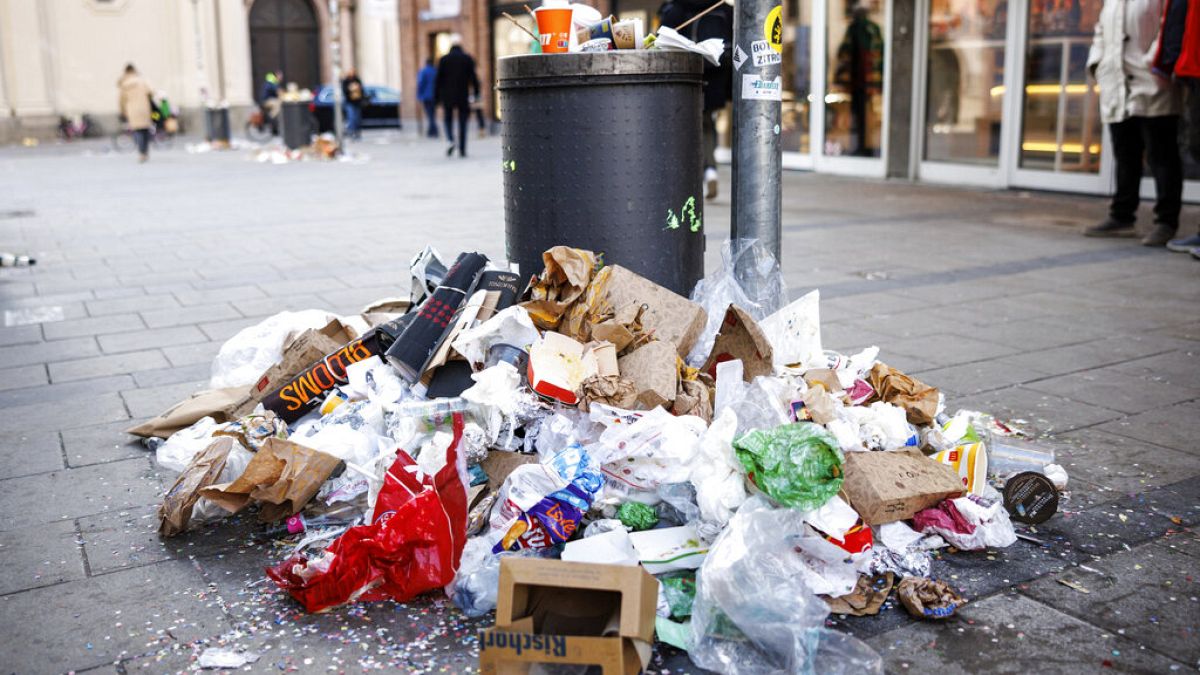Belgium, current holder of the rotating EU Council presidency, has forged agreement between governments over new rules to tackle the growing problem of discarded packaging materials, overcoming the European Commission’s concerns over trade diplomacy.
National diplomats have endorsed a new European law on packaging waste, including provisions that would hold overseas producers to EU environmental standards on plastic recycling at the risk of losing market access.
European Commission trade officials had taken the unusual step of lobbying governments directly to reject a so-called mirror clause in the draft law, warning of a serious potential impact on international commerce and diplomatic complications.
To do so would have meant the EU Council reneging on the political agreement struck earlier this month with the European Parliament, possibly forcing the re-opening of negotiations which could then have dragged on beyond EU elections in June.
In the end, only Germany and Finland expressed reservations about the draft law, a diplomatic source told Euronews after Belgian officials brokered a compromise. The commission ultimately approved the deal, having previously signalled that it might object to the way its original proposal was amended.
The clause at issue is designed to shield European plastics recyclers and producers from undercutting by competition from regions with laxer pollution standards, and was added at the behest of France at a late stage during back-room talks with MEPs.
The Packaging and Packaging Waste Regulation, as well as setting concrete targets to reduce annual waste production that is approaching 190 kilogrammes per capita, sets requirements for recycled content in new plastic packaging, a legal requirement towards which only plastic from approved sources would count.
“This could be very concerning,” was the initial response from the China Chamber of Commerce to the EU, a business lobby group, after permanent representatives endorsed the draft legislation at a meeting in Brussels.
“The business community is worried about possible trade disruptions and cost increases,” the Chinese trade association said in a social media post. “We call for urgent clarification, and the EU should refrain from erecting market barriers that hinder non-EU producers.”
Belgian officials, currently at the helm of the rotating EU Council presidency, had warned that any delay to new legislation at this stage means it could be impossible to get it onto the agenda for a final vote in the European Parliament next month, the last plenary session before the elections.









